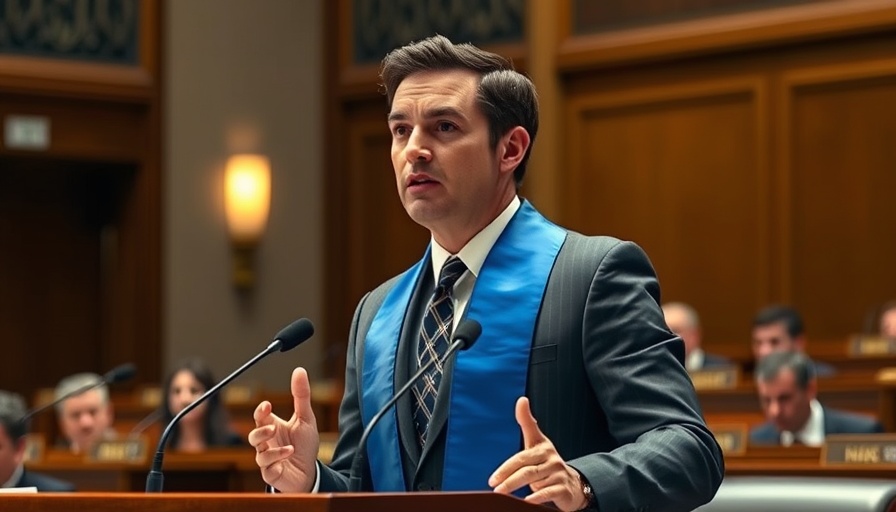
Argentina's Economic Struggles and Milei's Vision
In December 2024, Argentina faced a severe economic crisis when its agreement with the International Monetary Fund (IMF) expired. The country’s spiraling inflation, now exceeding 100%, along with rising poverty levels pushed President Javier Milei to seek a renewed bailout. His strategy, which involves sidestepping Congress to expedite the approval process, has created both hope and concern regarding the future of Argentine finances.
Milei's Radical Economic Approach
President Milei, known for his unorthodox economic views, has advocated for drastic measures to put Argentina back on track. His proposals include slashing government spending and privatizing state assets, which he argues are necessary to stabilize the faltering economy. The controversial nature of his policies has sparked heated debates within the political arena, with both supporters praising his boldness and critics warning against the potential consequences of such radical change. Nevertheless, Milei's government believes that this approach is vital for regaining the trust of the international community, particularly the IMF.
The Role of the IMF and International Relations
The IMF has a complex relationship with Argentina, historically providing financial assistance but often imposing stringent conditions that provoke domestic backlash. Milei's government is aiming for a deal that would allow for up-front access to funds—potentially around $20 billion. By seeking to collaborate with international leaders, including a recent meeting with Donald Trump, Milei hopes to navigate the political landscape effectively to secure the necessary support.
Public Sentiment and Social Implications
While the path laid out by Milei is intended to stabilize the economy, public sentiment remains mixed. The Argentine populace is weary after years of economic turmoil, including job losses and rising costs of living. If Milei's proposed cuts and reforms come to fruition, there could be significant social implications, including protests and political discontent. Understanding the population's concerns and communicating effectively will be crucial for Milei to maintain public support throughout the implementation of his policies.
Future Predictions: The Impact of Policy on Inflation and Growth
Looking ahead, the success of Milei's policies in curbing inflation and stimulating economic growth hinges greatly on international cooperation and the response of the Argentine public. Experts predict that while immediate relief may be possible through IMF funding, long-term stability will require significant structural changes and a shift in public trust towards the government. The unpredictable nature of global markets adds another layer of complexity, as Argentina remains susceptible to external economic shocks.
Global Perspectives and Comparisons
Argentina's situation draws parallels with other nations that have undergone fiscal crises and have turned to the IMF for assistance. Countries like Greece and Portugal faced similar dilemmas and had to adapt to conditions set by international lenders in order to recover. This historical context can provide valuable insights into what Argentina can expect in terms of the challenges and potential outcomes of a new IMF agreement under Milei's administration.
Making Sense of This Situation: Key Takeaways
As Argentina stands on the brink of a potentially transformative period, the actions and choices made today will shape the nation's future. From Milei's drive for radical reforms to the reactions of global financial institutions, every decision will resonate throughout Argentine society. With a careful balancing of radical economic shifts and the need for public support, Milei's leadership may yet redefine Argentina's path to recovery.
 Add Row
Add Row 
 Add
Add 


 Add Row
Add Row 
 Add
Add
Write A Comment